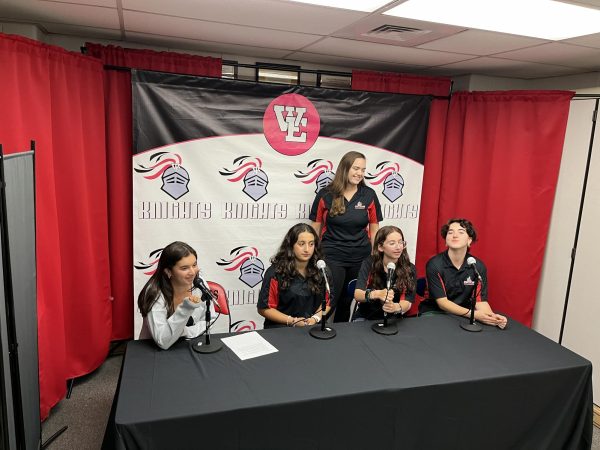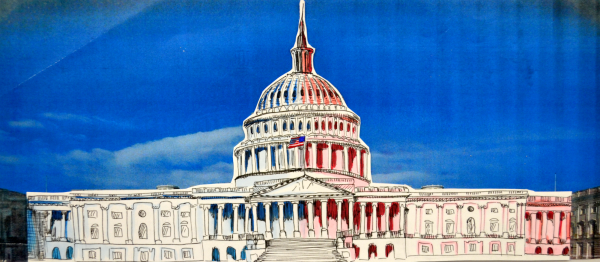OPINION: Government courses should be required curriculum
Quintessential pins in AP Government teacher, Beth Vaknin’s class room.
Over time, America has increasingly recognized the importance of an educated society. Some of these benefits are obvious and direct: the skills of problem solving and reading comprehension, the vitality of coherent communication and even the appeal of physical ability. However, high school curriculum glosses over a significant contribution to society by all students: voting.
Students are forced to take a specific amount of U.S. history classes, but these classes only superficially discuss the structure of our government. After checks and balances, these courses mainly focus on revolutions and wars, as opposed to the inner workings of the government.
Currently, there’s only one class here at West Essex that tackles this issue: the AP Government and Politics class, which unfolds and explains all aspects of our government and how these components work by applying them to current and historical events. There are distinct units specifically for information about voting and presidency that clarify muddled topics and correct widespread misconceptions. One piece of information I was shocked to learn was the number of people who work for the president. The president is not entirely responsible for the fate of our country, as many seem to believe. In fact, there are approximately 1,800 White House employees working with and for the president.
This is the type of information every voting citizen should know and understand. Requiring students to take this course would be the perfect way to educate future voters on this information. By the end of their high school careers, all students will be eligible to vote and should know not only what they are voting for, but how their vote is being counted.
Of course, there is a significant amount of information to learn in the class, but the information being taught is not actually too complex. The title of being an AP class instills fear in students, making them believe it is an exclusive class for only elite students. Students are then further discouraged by the fear of intense debates on dicey politics.
However, the workload is worth it. Students, regardless of vigor in their schedule or lack of political opinion, should be informed on how their government works. Because citizens have a direct role in their society through democracy, it is vital to educate the younger generations about the intricacies of their contributions before the time comes for them to vote.



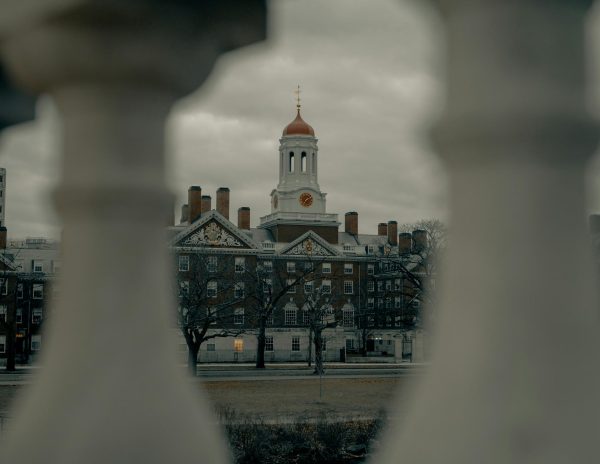


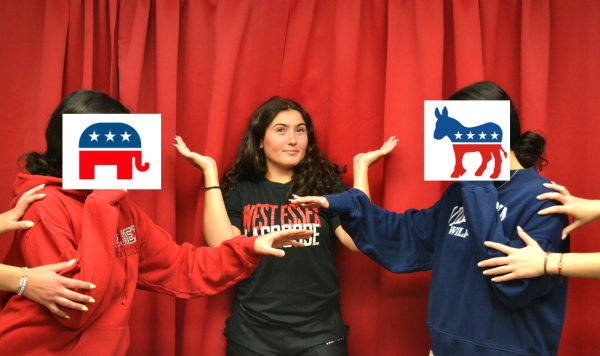
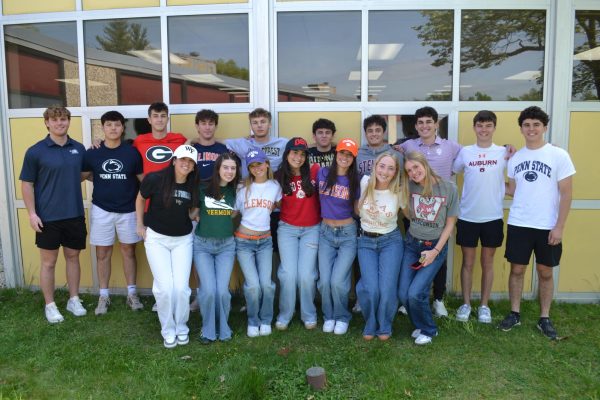
![[VIDEO] School Spotlight for Spring 2025](https://thewessexwire.com/wp-content/uploads/2020/03/westessex-475x356.jpg)
![[VIDEO] Varsity Media Day: Winter 2025](https://thewessexwire.com/wp-content/uploads/2025/02/vmd-25winter-600x450.jpg)
